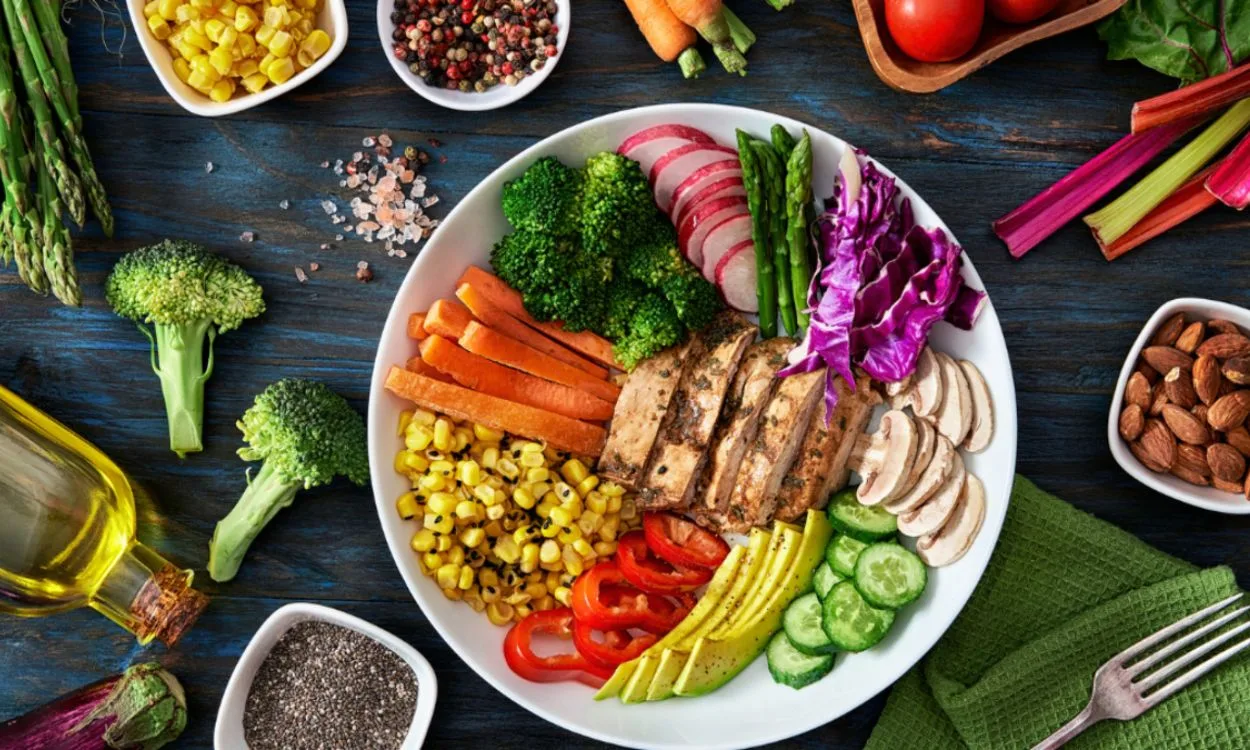What are some healthy ways to approach weight loss for athletic goals?
Introduction
Are you an athlete looking to lose weight in a healthy and sustainable way? Achieving your athletic goals requires a balanced approach that focuses on both nutrition and exercise. In this article, we will discuss some healthy strategies to approach weight loss for athletes. These tips are specifically tailored for the Indian population, taking into consideration their dietary preferences and cultural context.
1. Set realistic and measurable goals
Before starting your weight loss journey, it’s important to set realistic and measurable goals. Assess your current weight, body composition, and athletic performance to determine how much weight you need to lose to reach your desired fitness level. Remember, a healthy rate of weight loss is about 0.5 to 1 kg per week.
2. Seek guidance from a nutritionist or dietitian
Consulting with a nutritionist or dietitian who specializes in sports nutrition can be extremely beneficial. They can provide you with a personalized meal plan that meets your nutritional needs while promoting weight loss. A nutritionist can also help you determine the right balance of macronutrients (carbohydrates, proteins, and fats) to support your athletic performance.
3. Prioritize whole, unprocessed foods
To lose weight in a healthy way, it’s important to prioritize whole, unprocessed foods. Include a variety of fruits, vegetables, whole grains, lean proteins, and healthy fats in your diet. These foods provide essential nutrients, fiber, and antioxidants that support overall health and aid in weight loss.
4. Control portion sizes
Portion control plays a crucial role in weight loss. Be mindful of the quantity of food you consume at each meal and snack. Use smaller plates and bowls to help control portion sizes. Additionally, listen to your body’s hunger and fullness cues to avoid overeating.
5. Stay hydrated
Drinking an adequate amount of water is essential for overall health and weight loss. It helps in digestion, regulates body temperature, and aids in the elimination of waste products. Aim to drink at least 8-10 glasses of water per day, and increase your intake during intense workouts or hot weather.
6. Incorporate regular exercise
In addition to following a healthy diet, regular exercise is crucial for weight loss and athletic performance. Include a mix of cardiovascular exercise (such as running, cycling, or swimming) and strength training in your fitness routine. This combination helps burn calories, build muscle, and improve overall fitness.
7. Prioritize rest and recovery
Proper rest and recovery are often overlooked but essential for weight loss and athletic performance. Adequate sleep, usually 7-9 hours per night, allows your body to repair and rebuild tissues, regulate hormones, and support overall well-being. Incorporate rest days into your exercise schedule to prevent overtraining and reduce the risk of injury.
8. Monitor progress and make adjustments
Keep track of your progress by regularly monitoring your weight, body measurements, and athletic performance. If you’re not seeing the desired results, consult with your nutritionist or dietitian to make adjustments to your meal plan and exercise routine. Remember, weight loss is a journey, and it’s important to stay patient and consistent.
Conclusion
Approaching weight loss for athletic goals requires a balanced and sustainable approach. By setting realistic goals, seeking professional guidance, prioritizing whole foods, controlling portion sizes, staying hydrated, exercising regularly, and prioritizing rest and recovery, you can achieve your weight loss goals while maintaining optimal athletic performance.
Ready to take your athletic goals to the next level? Download the Fitpaa app now! With Fitpaa, you’ll have access to personalized fitness plans, expert guidance, real-time tracking, and the support of a dedicated health and fitness team. Start your journey towards a healthier and fitter you with Fitpaa today!









